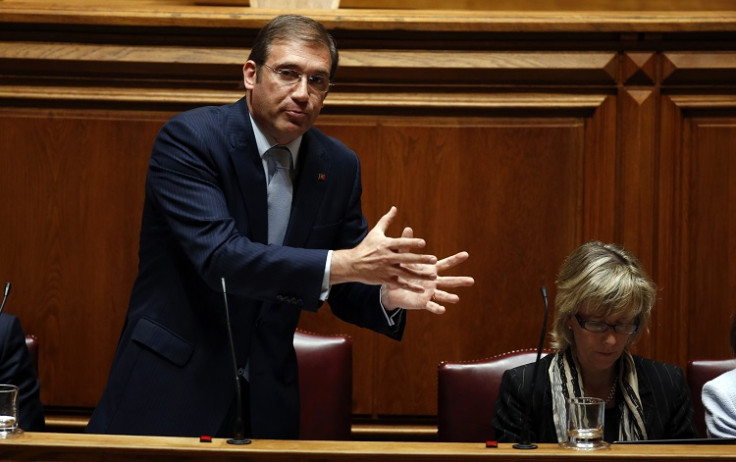IMF: Portugal will Face Decade of Hardship

Portugal will face a decade of hardship, according to a senior International Monetary Fund official, despite the IMF saying the country was on track to exit the bailout.
Subir Lall, head of the IMF mission to Portugal, told the Financial Times that Portugal's structural problems were too deep to solve in just a few years.
"Distortions in the economy have built up over decades and it's unrealistic to expect that they could be removed in the three years of an adjustment programme or that the reform process could be externally imposed," he said.
"The transformations that the economy needs will have to go on for another 10 to 15 years and they will have to be home-grown. Changing how the economy responds and overcoming inertia requires an ongoing effort and will have to be done regardless of which political party is in power," he added.
The IMF recently concluded that Portugal was on track to exit its austerity programme.
Prime minister Pedro Passos Coelho went even further and said that his government was considering whether it needed a loan from international creditors to ease its planned exit from the bailout in mid-2014.
It will start assessing its bailout strategy in late January.
When Portugal was bailed out in 2011 by the troika of the IMF, European Union and European Central Bank, the government hiked taxes to meet creditors' conditions.
It received €78bn (£65.1bn, $106.6bn) and has made harsh austerity cuts that have been praised by the IMF.
The biggest challenge to the austerity programme is an expected constitutional court ruling on the planned convergence of public and private pension systems.
This is a measure demanded by the troika and is set to save €388m in public expenditure in 2014.
If the court strikes down the measure, the government will be forced to find savings elsewhere to keep its bailout programme on track.
© Copyright IBTimes 2025. All rights reserved.






















